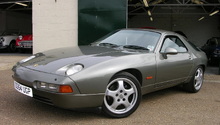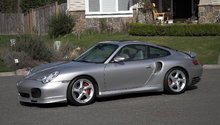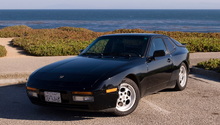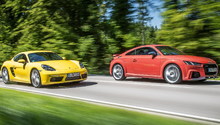Porsche 997: 911 vs. Cayman
The Cayman and the 997 now cost about the same in the used marketplace. So which one should you buy?
This article applies to the Porsche 911 (997) and Cayman (2005-current).
The first generation of Cayman S coupes and first generation 997s have both depreciated to the point where they can be found for around the same price used. This puts used car Porsche buyers in a dilemma: buy a used Cayman S with its lesser engine but wonderful lightweight chassis or buy a first generation 997 with that timeless design and all the street cred that comes with it.
History
When the 997 debuted in the 2005 model year, it was more of an evolution of the previous generation 996 rather than a whole new design. Initially, the engine was only somewhat more powerful than the outgoing 911 model year. However, as it was a 911, performance overall was excellent, and depending on the options or model variant chosen, the 997 could be a potent track-ready demon or even a civilized daily driver.

The Cayman debuted as a brand-new model for Porsche in the same model year. While the Boxster had been around for some time, the Cayman was intended as a hard-top entry-level model on the same mid-engine platform. All of the Caymans in the first year were "Cayman S" models, and all of them got the Boxster's 3.4-liter flat-6. Performance was similar to its siblings; however, its striking look was what set it apart as well as the base price.
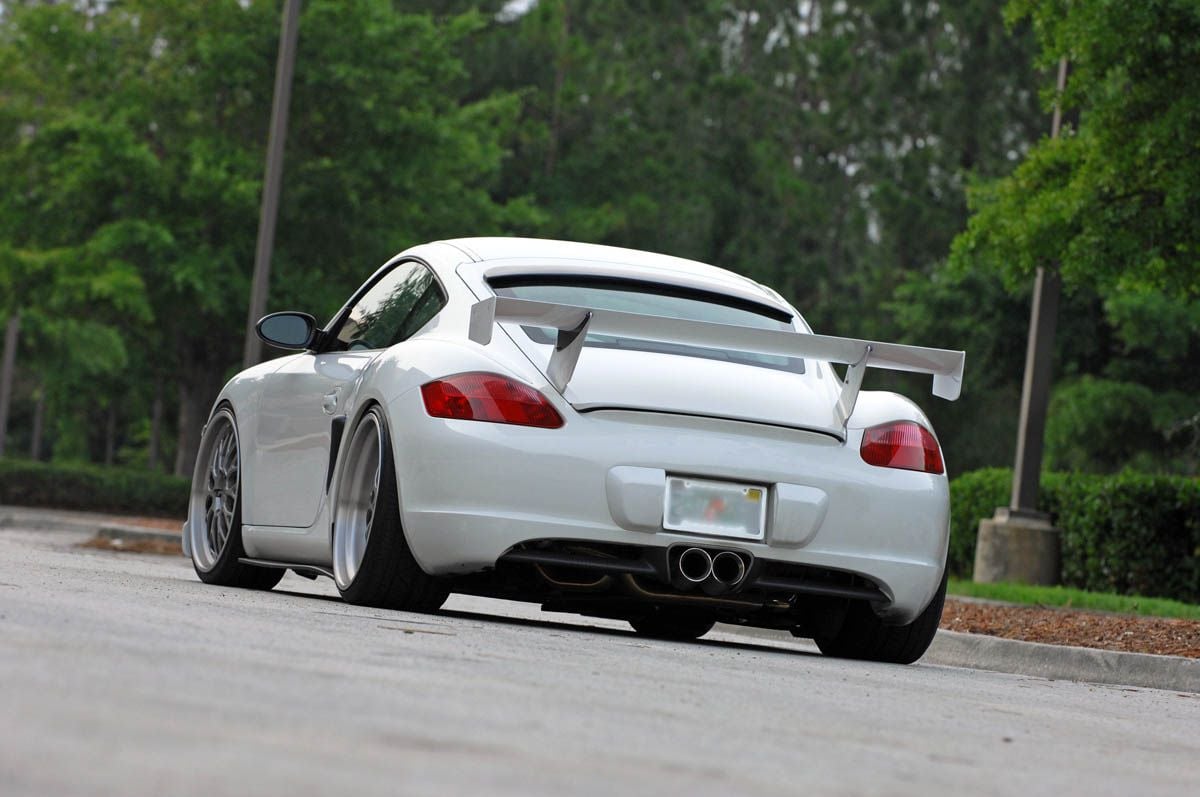
Technical Differences
First and foremost, what set the Cayman and the 997 apart was a fundamental difference in design. The 911 is Porsche's halo model. The 911 has history; it has race-cred and an instantly recognizable shape. The 911 also has a rear-mounted engine. Porsche would never outright admit as much and has designed the Cayman and the Boxster to benefit from that which the 911 could never be – the perfect balance of a mid-mounted engine.
It's commonly believed that Porsche keeps the price and engine performance on the Boxster and Cayman low because it doesn't want to rob the 911 of any potential sales. In its most powerful variation, the most power a Cayman ever made from the factory is 375 HP in the 2015 Cayman GT4. Compare that to the 997, which, in the GT2 RS, was rated at 612 HP. The 911 is the car Porsche buyers aspire to, and the automaker wants to keep it that way.
The first generation 997, the one that is best compared with the Cayman, wasn't a monster in terms of horsepower. Using the same engine as the previous generation 996, it did make over 300 horsepower and 273 lb-feet of torque. Styling is always a matter of taste, and the 997 doesn't break the 911 mold in any way aesthetically. It is an evolution of design – it doesn't redefine it.
The first generation Cayman S (they were all S models) came with a 3.4L engine that did 291 horsepower and 251 lb-feet of torque. The weight comes in at 2,900 lbs. – rather svelte compared to the 3,200-lb. 997. It looks slightly newer in the first generation, and a limited slip differential becomes available as does the PASM active suspension. A Sport Chrono package improves engine output further and all but eliminates differences in performance between the two cars.
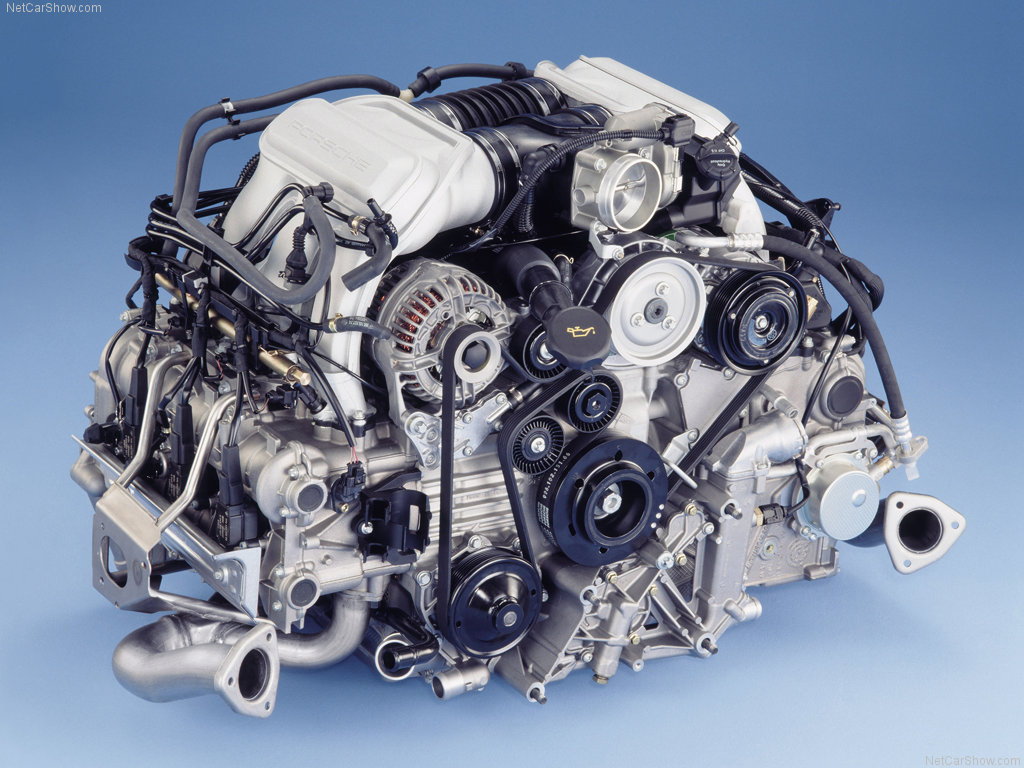
Figure 3. 2005 Porsche 911 Carrera engine. 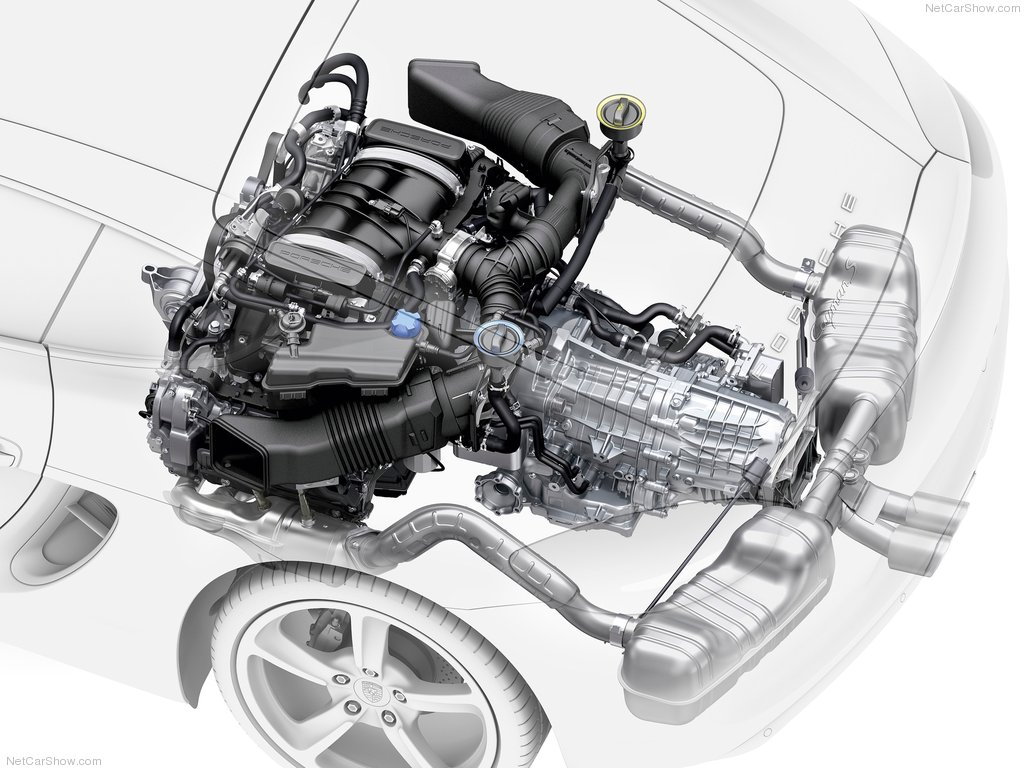
Figure 4. 2014 Porsche Cayman engine detail.
Opinions
Users who have driven or who own both cars tend to say that they are both excellently reliable and they do, in fact, share much of the same powertrain components. Both have their particular driving subtleties, and many will claim the Cayman S, properly outfitted, can out-drive the 911. But for most drivers, this is academic. Most of us will not get to drive their Porsches at full howl around the Nurburgring in sub-9-minute laps; Porsche has already done this for us and we know both cars are excellent sports cars. Look at both, drive both. Price isn't an option in the category. See what speaks to you.
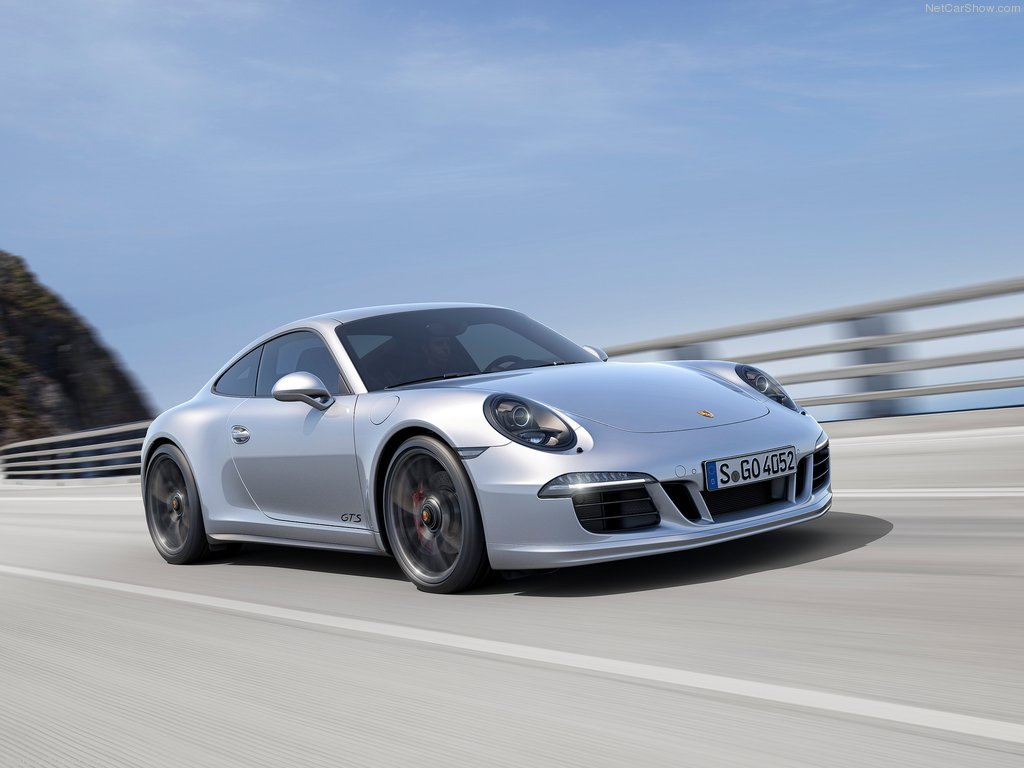
Figure 5. 2015 Porsche 911 Carrera GTS. 
Figure 6. 2015 Porsche Cayman GTS.
Related Discussions
- Cayman vs. 911 - Rennlist.com
- Reliability Issues - Rennlist.com

